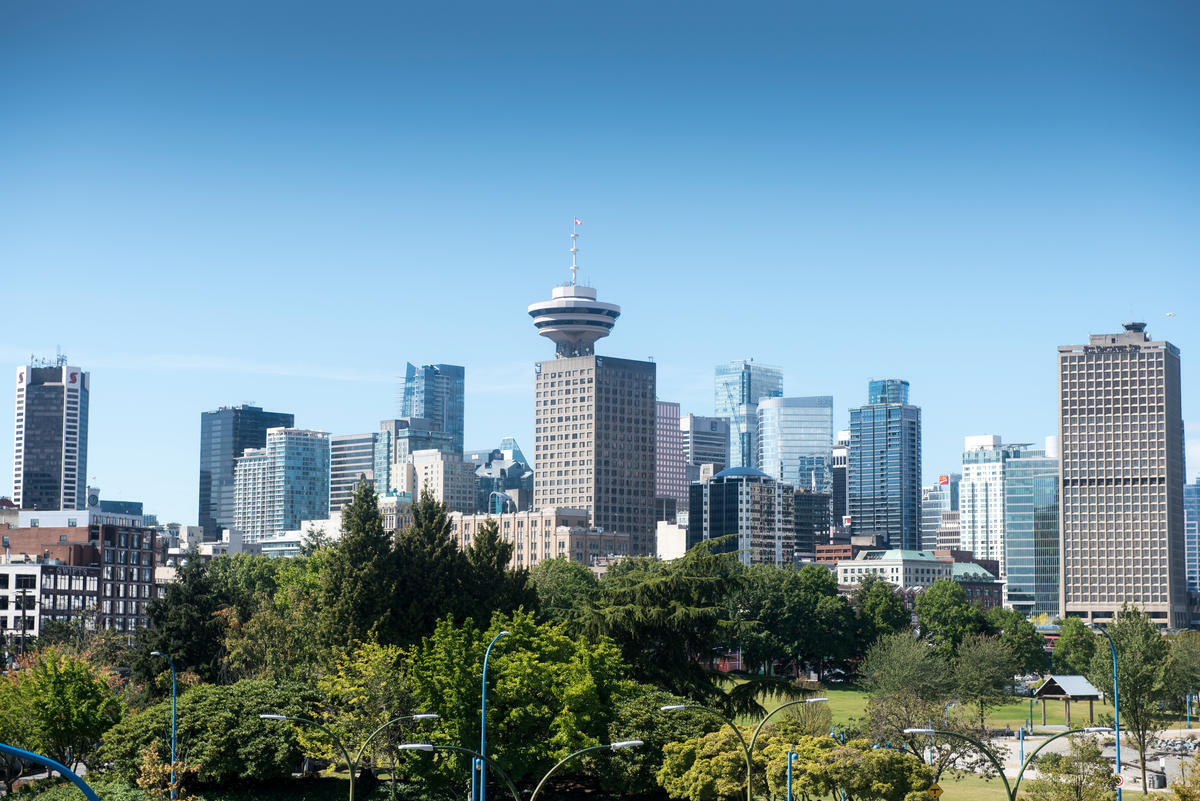Special event hosting rules urged in Vancouver during FIFA
Key Takeaways
- Vancouver faces a 70,000-night shortfall during FIFA 2026 leaving up to 15,000 fans without accommodations on peak days.
- Hotel prices set to soar by more than 200%, echoing the spike seen during Taylor Swift’s 2024 Vancouver concerts.
- $78 million CAD in lost economic activity at stake—including visitor spending, jobs, and tax revenue—unless an event exemption for short-term rentals is enacted.

Key Takeaways
- Vancouver faces a 70,000-night shortfall during FIFA 2026 leaving up to 15,000 fans without accommodations on peak days.
- Hotel prices set to soar by more than 200%, echoing the spike seen during Taylor Swift’s 2024 Vancouver concerts.
- $78 million CAD in lost economic activity at stake—including visitor spending, jobs, and tax revenue—unless an event exemption for short-term rentals is enacted.
A new independent report by Deloitte warns that Vancouver does not have the hotel capacity needed to host the FIFA World Cup 2026. Vancouver is preparing to host seven matches of the FIFA World Cup 2026, including two featuring Team Canada at BC Place. The tournament is expected to draw over 350,000 soccer fans from around the world, creating one of the largest tourism surges in the city’s history—and as the report highlights, the city is ill-prepared to meet tourism demands.
The report’s analysis projects an accommodation shortfall of 70,000 nights over the most critical nine days of the tournament, leaving up to 15,000 fans per day without accommodation at peak demand.
Hotel rates could surge 200% in the wake of unprecedented demand
With demand far outstripping supply, average hotel rates could spike by more than 200 per cent, echoing the surge seen during Taylor Swift’s 2024 Vancouver concerts, with fans potentially facing sky-high hotel prices—or no accommodation at all.
Without additional supply, the report forecasts:
- $78 million CAD in total economic loss associated with the shortfall across B.C., including $45 million in direct visitor spending, 630 jobs, and $4 million in tax revenue.
- A significant reputational risk for Vancouver and B.C. as global host destinations.
A preventable tourism crisis
Years of underinvestment in hotels have left Vancouver’s lodging market stretched thin, needing 10,000 rooms by 2050 to meet demand. With B.C.’s new short-term rental law—among the strictest in Canada—thousands of would-be hosts are barred from offering entire homes, with the law limiting listings to a principal residence in most cities, including Vancouver. Fully in force since May, the law has squeezed accommodation options, particularly during peak travel and major events, and at a time when more Canadians are travelling domestically.
The result: thousands of fans could be priced out, turned away, or forced to stay outside the region—taking their tourism dollars with them.
The solution: A temporary event exemption to welcome the world during this once in a lifetime event
In order for Vancouver to meet the tourism demands for the FIFA World Cup 2026, special event hosting rules, also known as event exemptions, are needed. Other countries, including the UK and Japan, have successfully deployed temporary event exemptions allowing residents to host visitors during global events. An event exemption would be time-limited, and would not impact the city’s long-term housing supply. Doing so would enable the city to:
- Close the 70,000-night gap without costly and time-sensitive new infrastructure
- Keep prices more affordable for fans
- Ensure Vancouver and B.C. can fully capture the economic benefits of hosting the world
“British Columbia cannot afford to turn away tens of thousands of fans and millions in visitor spending during the FIFA World Cup. Temporarily reducing fees and making it easier for people to host visitors during major events is a proven, practical strategy to make sure Vancouver and other B.C. communities are ready to welcome the world. We strongly encourage Vancouver and the provincial government to take the necessary steps now so this can be successfully implemented in time for next summer.”
– Alex Howell, Policy Lead, Airbnb, Canada
An exemption would not only add much-needed accommodation supply for Vancouver during the tournament, it would also allow more local residents—not just big hotel chains—to benefit from visitor demand, while spreading new spending into every corner of the city.
Growing support and concern from business leaders
Key organizations and business leaders have expressed concern about the projected shortfall and are urging policymakers to act.
“FIFA is expected to bring tens of thousands of visitors to Vancouver in 2026,” says Laura Jones, President and CEO of the Business Council of British Columbia. “Temporarily easing short-term rental restrictions during the busy summer months is a practical way to expand accommodation capacity and provide visitors to B.C. with a welcoming experience. It would also help ensure more of the economic benefits flow to local businesses and workers.”
With FIFA ticket sales underway and match schedules coming in December, time is short. Vancouver has shown leadership in preparing to welcome the world, and together we can ensure fans have places to stay. Now, we urge the Province of British Columbia to act quickly on an event exemption so the economic benefits of FIFA World Cup 2026 are fully realized.